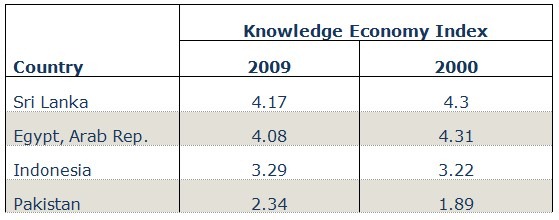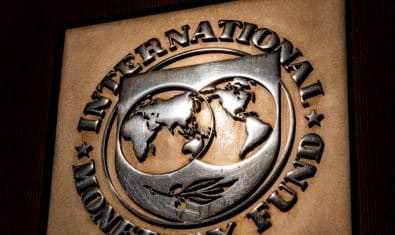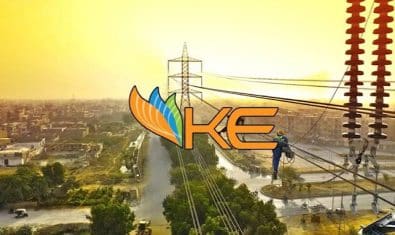Policy makers are developing strategies to maintain and enhance their position in the new knowledge-based economy era.
World Bank Institute is supporting an initiative called Knowledge for Development (K4D) Program to help countries identify challenges and opportunities they face in making this transition towards a knowledge-based economy.
In this regard an interactive tool known as Knowledge Assessment Methodology (KAM) is developed to assess the present position of a specific country with regards to this transition.
The KAM consists of 109 structural and qualitative variables for 146 countries to measure their performance on the 4 Knowledge Economy (KE) pillars: Economic Incentive and Institutional Regime, Education, Innovation, and Information and Communications Technologies. Variables are normalized on a scale of 0 to 10 relative to other countries in the comparison group. The KAM also derives a country’s overall Knowledge Economy Index (KEI) and Knowledge Index (KI).
The benchmarking exercise performed here compares Pakistan with the similar countries such as Sri Lanka, Egypt and Indonesia. A general comparison of where we were in 2000 and where we are now is also made for interest of the reader.
Though we may not yet be sure as of what extent the decision makers of our economy are attentive to such International assessment benchmarks and observe what directions are required to compete with global arena.
The Knowledge Economy Index (KEI) is an aggregate index that represents the overall level of development of a country or region in the Knowledge Economy. It summarizes performance over the four knowledge economy pillars, takes into account whether the environment is conducive for knowledge to be used effectively for economic development. The below table compares the KEI for Pakistan along with other selected developing countries between year 2000 and 2009 -2010. On a positive note, Pakistan has shown a good progress of all during last nine years.
Pakistan’s KEI for the most recent year (2009-2010) is 2.34 whereas the world average for KEI is 5.95. If we compare the economy with the World Banks’ income group of lower middle income economies (we fall in the same group), Pakistan is again on a lower side. The average KEI for lower middle economies presently is 3.78.
Pakistan’s KEI has risen from 1.89 since 2000 to 2.34 in 2009, a positive 0.45 change rate. However, overall KEI still stands lowest among the regional countries like India, Sri Lanka.
By using the tool, we can compare the country’s performance for the four individual pillars of the knowledge based economy.
A detail comparison between 2000 and 2009 above shows that there has we have progressed in all index pillars, especially the ICT. The boom of mobile services along with increase in Internet penetration has assisted in mounting our position in global ICT stage. The alarming situation is highlighted by the education pillar showing a mere increase of 0.01 in nine years.
Education is considered as one of the primary social factor for future growth of a nation, in our case we are lacking behind quite deficiently. Let’s hope the recent education policy announcement may bring very much required changes.
In view of the above characteristics of the knowledge economy and their impact on our economic and social space, that new thinking is required by policy makers, private sector executives and knowledge workers alike at all levels local, regional and national.
Some of the major areas of improvements required such as; improve access to higher education, enhance skills and technology at all levels from the school to university, build S&T and R&D manpower by shifting the mix of social sciences and scientific / technical studies, monitoring the long term assimilation and internal sustainability of enhanced skills and provision of financial incentives for private sector to invest in R&D and innovation.
Spotlight:
- Pakistan’s economic and institutional regime has changed significantly over the last decade, tariff and non-tariff barriers have shown improved score as well as the regulatory quality has improved. There has been a downfall in overall rule of law.
- The KEI for the innovation has decreased which shows a thought of worries as innovations lead the economies more towards knowledge paradigm.
- In education, Pakistan has significantly lost the position. Adult literacy rate has decreased but the gross secondary enrollment has improved.
- Concerning information infrastructure, Pakistan has improved less than other countries in the world in terms of total telephones per 1,000 people and computers per 1,000 people whereas Internet Users per 1,000 people has increased.




























A Good article on neglected area of Society, and there are many factors behind that..
reseach done by author is Great…!
Keep Posting on these issues.
Thanks.